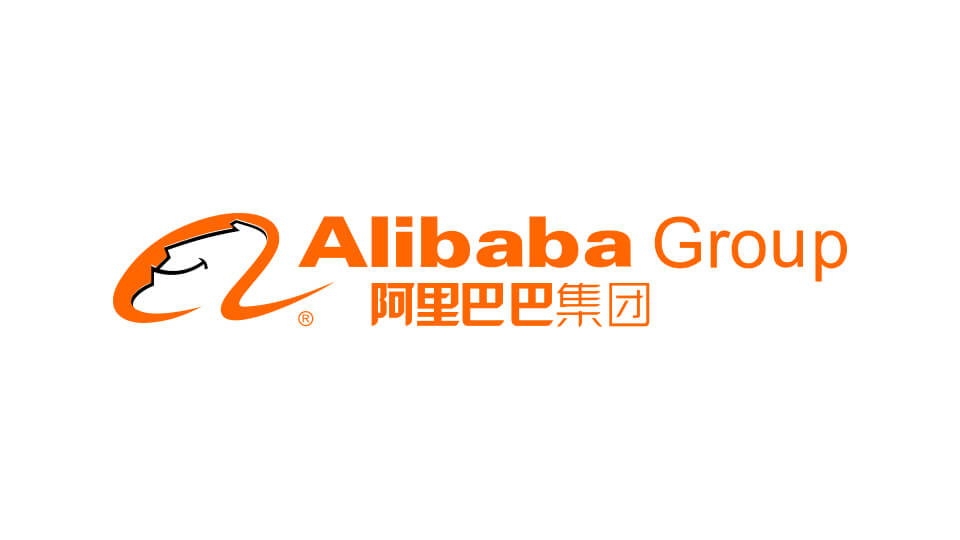

Even though the mode of operation of both companies looks similar at first glance, they are quite different.Īlibaba isn’t involved in direct sales and does not own any warehouses like Amazon. Alibaba’s Taobao is one of Alibaba group’s most profitable marketplaces and is responsible for more than 80% of Alibaba’s sales. On the other hand, Alibaba operates on a number of ecommerce sites aimed at different types of sellers. A major portion of Amazon’s revenue comes from electronic products and merchandise and digital media content (including Amazon Prime, an annual fee-based subscription that streams video content and other trending digital services). The two ecommerce titans have many features in common. In fact, on the first day of trading, Alibaba eclipsed both Amazon and eBay. Now that both the companies have established a strong brand presence in their home territories, there is tough competition between these two tech giants as they are looking for new markets to expand in.īy raising an IPO value of $21.8 billion by the end of 2014, Alibaba has grown on to become one of the largest and most valuable ecommerce companies in the world. Amazon laid the cornerstone in 1995 as an online bookstore whereas Alibaba started off its venture in 1999, nearly five years after Amazon’s founding.
ALIBABA GROUP SUBSIDIARIES SOFTWARE
Hangzhou Zhenqiang Investment Management Ltd.Īlibaba (Beijing) Software Services Co., Ltd.Amazon and Alibaba, the two big giants of the ecommerce industry are competing against each other to win the crown for the leader of the global ecommerce market. Zhejiang Tmall Network Technology Co., Ltd. Hangzhou Alimama Software Services Co., Ltd.Ī International (BVI) Holding Ltd.Ī International (Cayman) Holding Ltd.Īlibaba Cloud Computing (Zhangbei) Co., Ltd. Hanbao (Shanghai) Information Technology Co., Ltd. Hangzhou Meitou Information Technology Co., Ltd. Hanyun Capital Investment Management Co., Ltd.Īlibaba (Shanghai) Internet of Things Technology Co., Ltd. The company was founded by Chung Tsai and Yun Ma on Jand is headquartered in Hangzhou, China.Īlibaba Group Holding Ltd /Cloud Computing Business/ The Cloud segment includes Alibaba Cloud and DingTalk. The Cainiao segment has Cainiao Network and offers domestic and international one-stop-shop logistics services and supply chain management solution. The Local Consumer Services segment is involved in "To-Home" businesses, which include Ele.me, local services and delivery platform, and Taoxianda, and "To-Destination" segment businesses which include Amap, the provider of mobile digital map, navigation and real-time traffic information, and restaurant and local services guide platform. The International Commerce segment focuses on international commerce retail and wholesale businesses. The China Commerce segment includes China commerce retail and wholesale businesses. The Core Commerce segment consists of platforms operating in retail and wholesale. It operates through the following business segments: China Commerce, International Commerce, Local Consumer Services, Cainiao, Cloud, Digital Media and Entertainment, and Innovation Initiatives and Others segments. engages in providing technology infrastructure and marketing reach. A self-made man, he enjoys strong popularity among Chinese.Īlibaba Group Holding Ltd. In China, Tencent and other local rivals are reinforcing strategies to erode Alibaba's dominance in e-commerce.Īfter failing to pass university entrance exams twice, Jack Ma once gave up going higher education and worked as a driver.

In August this year, Alibaba bought the majority of new shares issued by China's second biggest retailer, Suning Commerce Group, for 28.3 billion yuan, becoming the second largest shareholder in Suning. It is acquiring other companies with the money raised. The company raised around $20 billion through its initial public offering in New York in 2014. The company intends to enhance its financial business with Alipay at the center as well as to step up its cloud, information technology and big data businesses. As a result, the mobile monthly active users of its sites have reached close to 300 million in number.

Alibaba is been pushing ahead with efforts to attract smartphone users primarily by improving the convenience of the AliPay online payment system. Increasingly, more online shoppers are shifting to smartphones. The number of annual active buyers on Alibaba sites has reached 350 million. Today, for consumer-to-consumer deals and Tmall for business-to-consumer are two pillars of Alibaba's operations. Thanks to the rapid spread of the Internet and expanding consumer spending in China, the users of Taobao soared at a fast pace.


 0 kommentar(er)
0 kommentar(er)
